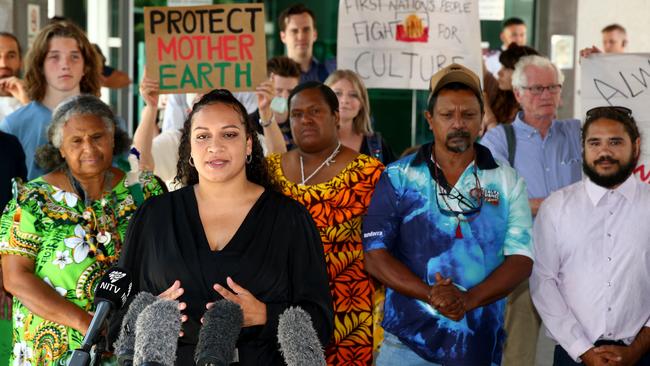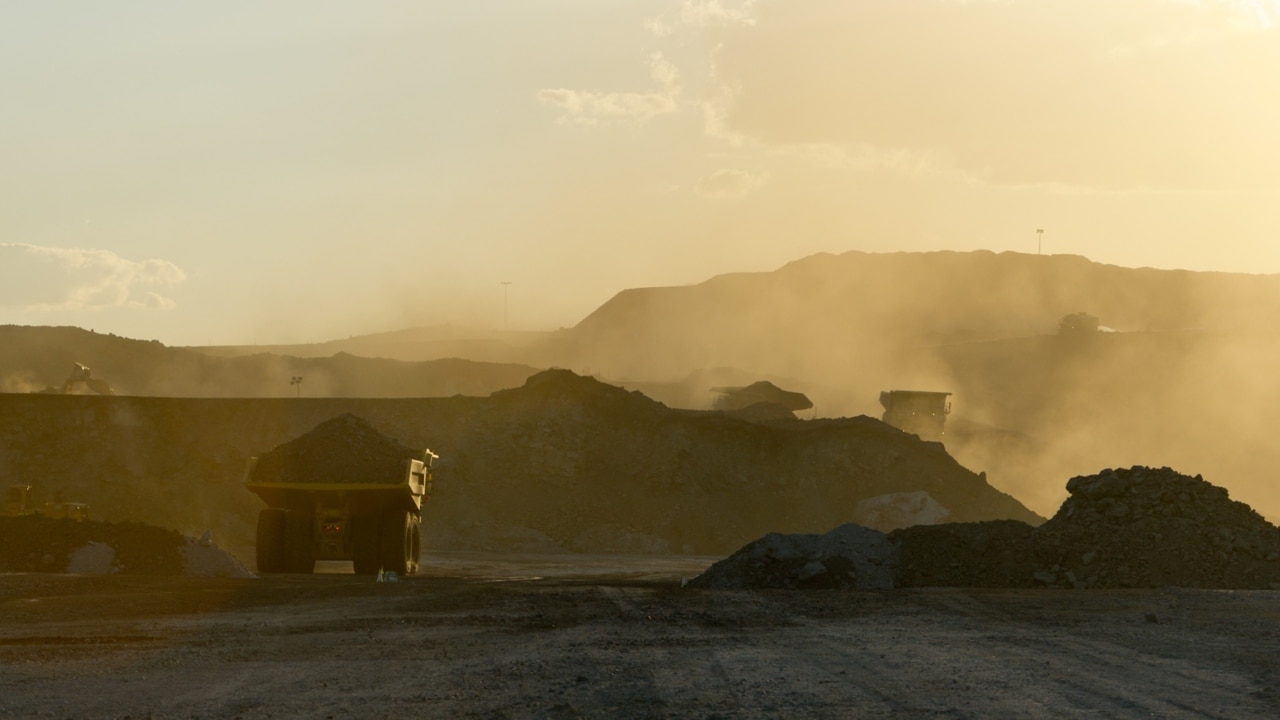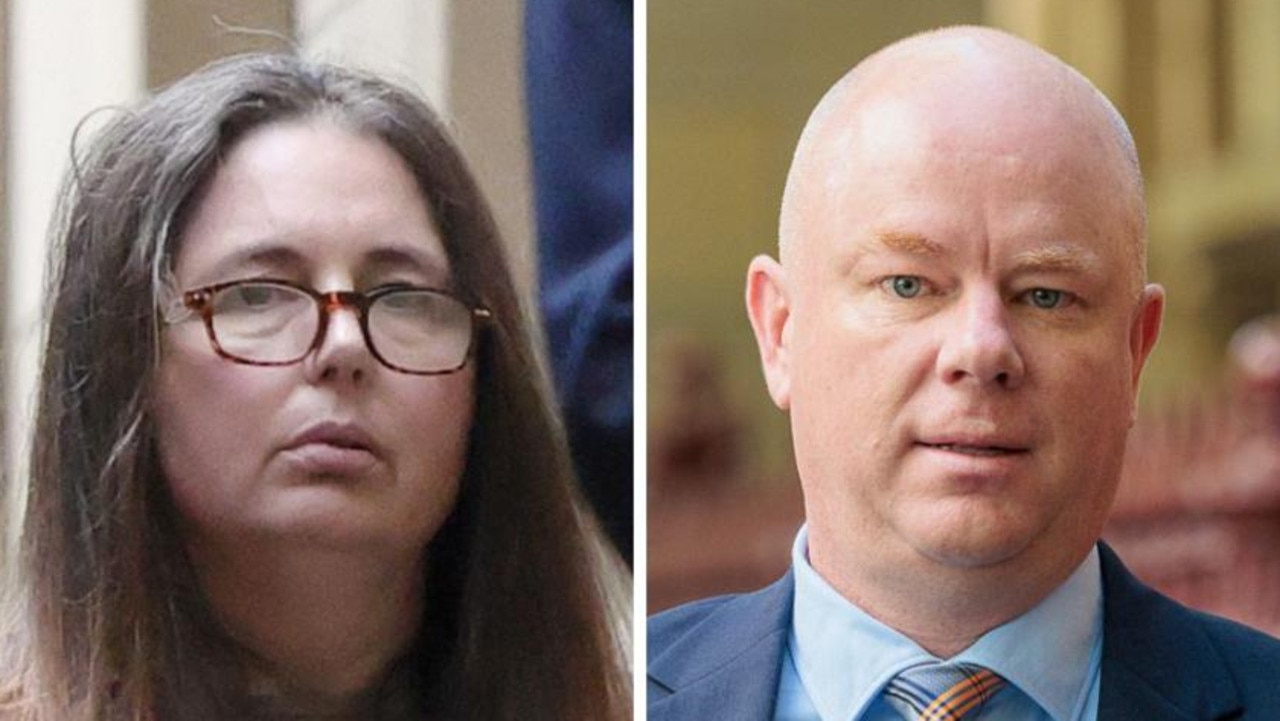Court coal mine ruling a mockery of the meaning of human rights
Surely green ideology that would explicitly deny a viable economic and social future to Queensland’s children is a product of a distorted view of the world.

It was a judgment that relied explicitly on the danger of burning coal in Southeast Asia, because the burning of Waratah’s coal overseas would worsen global climate change and limit the human rights of Indigenous people and Queensland children.
“Climate change was a key issue in this hearing,” the court said in its ruling, claiming that burning fossil fuels in Asia would affect Queenslanders. “Wherever the coal is burnt the emissions will contribute to environmental harm, including in Queensland.” It added: “The climate scenario consistent with a viable mine risks unacceptable climate change impacts to Queensland people and property, even taking into account the economic and social benefits of the project.”
The proposed mine site is on cattle-grazing land and a nature refuge, Bimblebox. The action was backed by a group called Youth Verdict, representing Queensland young people, and the Bimblebox Alliance. But damage to cattle-grazing land and consequent effects on food production was not the major reason for the court’s verdict. No. Rather, it was because of the judge’s interpretation of the human rights particularly of Queensland children. This interpretation might logically extend not just to Queenslanders but to other children. If burning fossil fuels in Asia will affect Queenslanders, surely it will affect the human rights of Asians, too. Were their human rights implied?

This is considered a landmark judgment. It is the first time such an application has been defeated principally on human rights grounds. Obviously, it opens up yet another avenue of green lawfare against coal and gas mining.
The ethical problems arising from this challenge to the Galilee mine and other mines are complex. We are used to hearing arguments on human rights and climate change shrouded in the emotive self-righteousness of the young. It is part of the current Greta Thunberg zeitgeist, but it has not been tested in this country.
Arguments against mining based on the grounds of human rights of the young, particularly of children of the future, is a clever argument. However, on human rights grounds it is wrong.
The judge presupposed with certainty that burning clean coal in Asia would definitely affect Queensland’s climate and possibly other parts of the world, a rather presumptuous leap to make for a judge on a local Queensland environment court given all the controversy and complexities surrounding climate science.
However, the most important problem and the nub of this issue is: how far can we go to interpret human rights in this context? Is this a genuine human rights issue or is it just what noted US legal scholar Mary Ann Glendon has referred to as empty “rights talk” – human rights being used as it has been so often, particularly by the left, as an emotive catch-all to cover any issue, particularly issues involving youth.
If the putative human rights of some Queenslanders might, with no certainty, be affected by burning coal in other parts of the world, what of the human rights of the thousands of Queensland people who depend on coalmining for their livelihood? What of the absolute certainty that their human rights will be depleted? What of their right to make a living? What of their children’s rights to living standards and parents who are employed? What of the towns and communities that rely on mining?
According to one environment court judge, those “economic and social benefits” don’t come within the purview of human rights. So, what does come within the definition of human rights? Surely a view of human rights that would explicitly deny a viable economic and social future to Queensland’s children is a product of a distorted view of what constitutes human good. It has no basis in philosophy or law but it does chime well with extreme green ideology.
But what of the human rights of children in the places where the coal will be used to generate power? Surely it is hypocritical of a group of environmentalists in Queensland to make a legal case based on human rights that would deny the young in Southeast Asia their human rights contingent on an assured electricity supply. A lack of reliable electricity will most definitely affect their living standards, effectively robbing them of light, warmth, clean water, all the economic benefits of cheap power, affecting their health and education – all the things the First World climate activists enjoy.
Cancellation of the 17 other coal projects, mostly in Queensland, and a new $45bn gas development in Western Australia is being sought by the Environmental Council of Central Queensland. The Queensland suit was just one of a string of international attempts to block new projects from the US to The Philippines as the human rights of the young argument gains momentum.
That is not all. So-called scope 3 emissions – calculated carbon emissions from the coal when it is used in industry or power generation in Japan or India – have not been grounds for blocking approvals under the existing legislation. But resource projects analysts believe the scope 3 emissions now may be used by environmental activists in any judicial review, a belief strengthened by the judgment in the Galilee mine case.
Analysis from the Institute of Public Affairs has found the total investment under threat of the 18 new mining projects being banned is $100bn. Potential job losses would be 174,415.
Think about those jobs in terms of human rights.






Last week, the Land Court of Queensland recommended the Palaszczuk government deny Waratah Coal’s applications for a mining lease and environmental authority for an open-cut and underground thermal coalmine near Alpha, in central Queensland.